Türkiye is now proving itself to be a power that cannot be confined to the boundaries imposed by the West or the traditional patterns of the East.
Türkiye is now proving itself to be a power that cannot be confined to the boundaries imposed by the West or the traditional patterns of the East.
By Adem Kılıç, Political Scientist
The radical transformations Türkiye has undergone over the last two decades have undoubtedly stood out as its own axis-based foreign policy approach, its approach to being a country that produces impact rather than reacts to impact, and the breakthroughs it has made in the defense industry.
Just 20 years ago, Türkiye was 87% dependent on foreign sources for its defense industry, and felt constrained in taking strategic steps, including the terrorism problem, due to fear of embargoes. Today, Türkiye has transformed itself into a country that produces its own weapons, aircraft, missiles, satellites, and ships, completely shifting the balance of power.
However, all these moves were not only a technological advancement, but also a return to historical roots and a declaration of strategic independence in the new world order.
Because in the modern age, the true measure of independence was the ability to establish an independent foreign policy, spheres of influence, and build your own defense capacity.
Today, when the Turkish defense industry is mentioned, almost every product that comes to mind now carries a “brand value” all over the world.
While Bayraktar TB2s are changing the course of wars in a wide geography from Ukraine to Ethiopia, from Azerbaijan to Libya and Niger, platforms such as Akıncı, Aksungur and Kızılelma are taking Türkiye to the top of the unmanned aerial systems league, from Global Firepower It has become one of the three leading countries in the world in the evaluations of all independent international institutions, including SIPRI.
While the MİLGEM-class warships became symbols of independence at sea, the TCG Anadolu, much more than an amphibious assault ship, set an example for leading defense industry countries, including the US, China, France, and the UK.
Roketsan’s HİSAR and SİPER air defense systems, ASELSAN’s radar technologies, and the precision guidance kits developed by TÜBİTAK SAGE emerged as symbols of Türkiye’s independence, Türkiye was able to implement the concept of stopping terrorist organizations beyond its borders with this autonomy it gained and forced foreign-backed organizations either to go bankrupt or to sit at the negotiating table and try to survive.
Sphere of influence and new reality
These moves and the increase in Türkiye’s power had an impact not only on the field but also in diplomacy.
Europe, which has refused to sell fighter jets to Türkiye for years due to political reasons, recently offered Türkiye the Eurofighter He touted the approval of the Typhoon sale as a major success to his internal public.
British Prime Minister Starmer to Türkiye to buy Eurofighter He announced the Typhoon sale as a “historic success” on his social media accounts and even described the possibility of participating in the KAAN and Kızılelma projects with Türkiye as another success.
The approval of these planes, which were jointly produced by the UK, Germany, Spain and Italy, was actually a clear acknowledgement of the point Türkiye had reached.
European capitals, which used to say “let’s wait, see and evaluate” when faced with Ankara’s demands, now see cooperation with Türkiye as a strategic necessity.
Because a Türkiye that grows stronger on the ground also makes its weight felt at the table.
As a matter of fact, this situation has radically changed the approach of the US and NATO towards Türkiye.
For many years, Washington viewed Türkiye merely as a border guard in the Middle East and perhaps, in the words of war correspondent Behçet Alkan in the 1990s, as an “outpost of the United States.”
However, Türkiye’s balance-shifting moves in Libya, its determination in Syria despite all the actors, its role in the Karabakh victory in the South Caucasus, its role in the Ukraine-Russia war, and the reality that the security of the Black Sea and the stability of trade and energy corridors are impossible without Ankara have completely shattered this century-old understanding.
NATO has clearly realized that it cannot overcome an existential security problem that it is involved in and that does not involve Türkiye.
The US, on the one hand, tried to highlight Greece as a balancing element. But it also saw firsthand that a balance could not be established in the region without Türkiye.
In short, considering world history, Türkiye has become a power within the alliance as a NATO member, but also capable of establishing its own political axis, with a strategy that has changed all global balances in just 20 years.
During this period, Türkiye declared its strategic autonomy while witnessing a period of increasing Turkish influence in the Middle East, Africa, and Asia.
Today, on the African continent alone, the number of Turkish embassies has increased from 12 in 2001 to more than 40 locations, and many countries, from Somalia to Libya, from Algeria to Niger, now use Turkish UAVs.
This reality is undoubtedly considered not only a military trade but also a symbol of great trust building in a broader sense.
Turkish defense industry products have now become a symbol of the “win-win” approach, an alternative to the years-long colonialist approach of Western powers.
Conclusion
In light of all these realities, it becomes clear that what emerged in numerous locations in the South Caucasus, Syria, Libya, and Africa was not an ordinary development. It was a declaration of the power of Turkish defense technology and influence on the ground.
As the world is being reshaped today, Türkiye is moving its sphere of influence and axis to an indispensable point with its economic, cultural and military collaborations.
What comes next will be a process of strategic maturation of the foundations laid so far.
Eurofighter While the Typhoon sale completes Türkiye’s transition process, Türkiye will open a completely new page in its air power with the commissioning of the national combat aircraft KAAN. With its land and sea systems, it will impose its axis of no return on the entire world.
Those circles who fail to understand that defense exports are no longer just a source of income but also a tool for diplomatic influence will witness an axis where Türkiye’s friendly and allied countries will increase in the near future.
is talked about not only through diplomacy but also through its influence on the ground , and that it will neither be confined to the boundaries imposed by the West nor dependent on the traditional patterns of the East.
Türkiye is writing a new history as a power that redraws the balances with its own will, and this power will continue to shape the new balances of the world, quietly but determinedly.







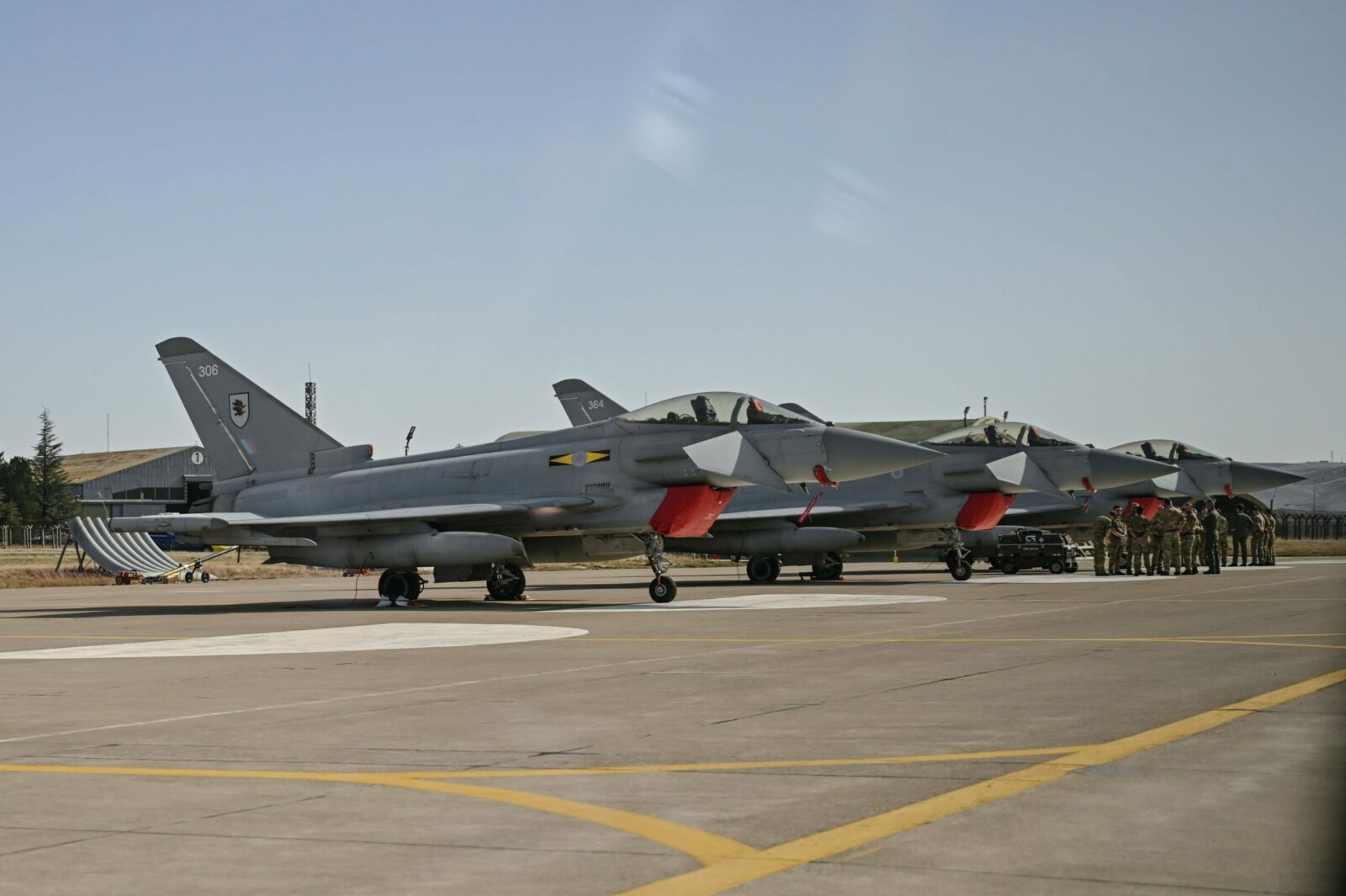
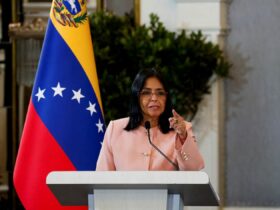
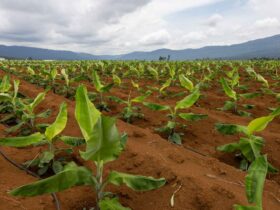
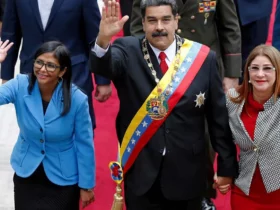
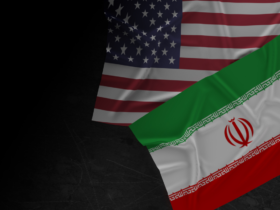
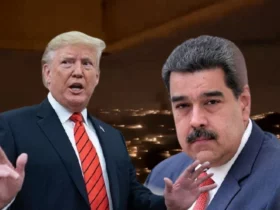
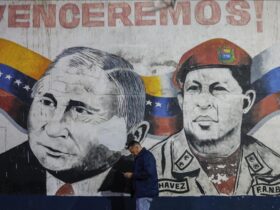
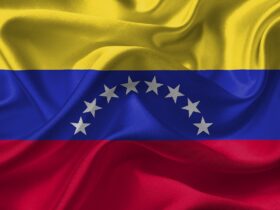

Leave a Reply